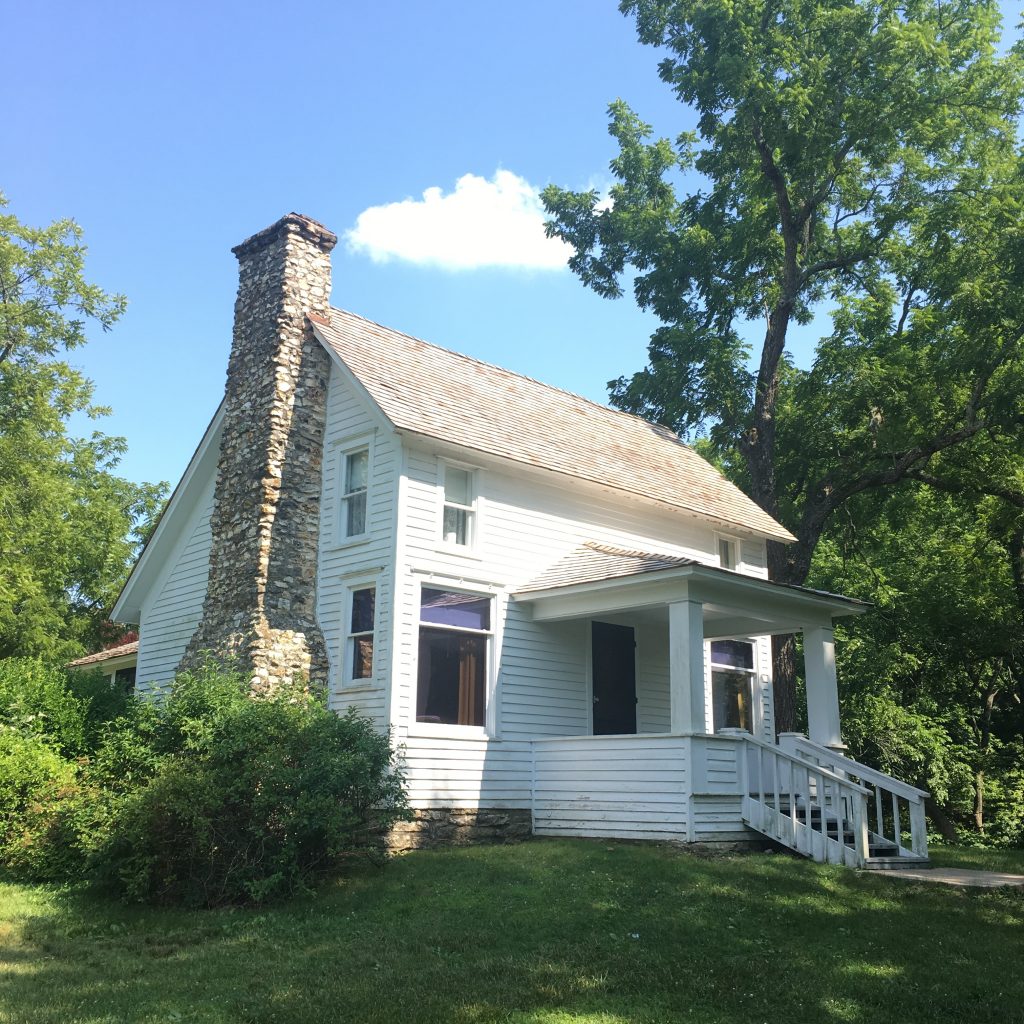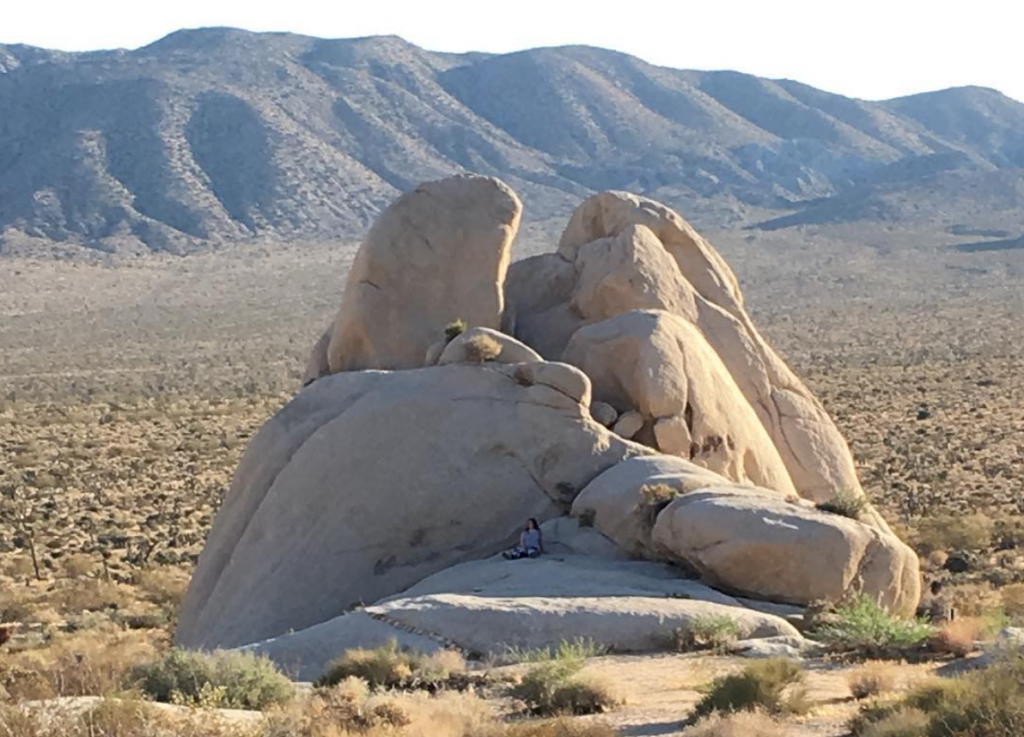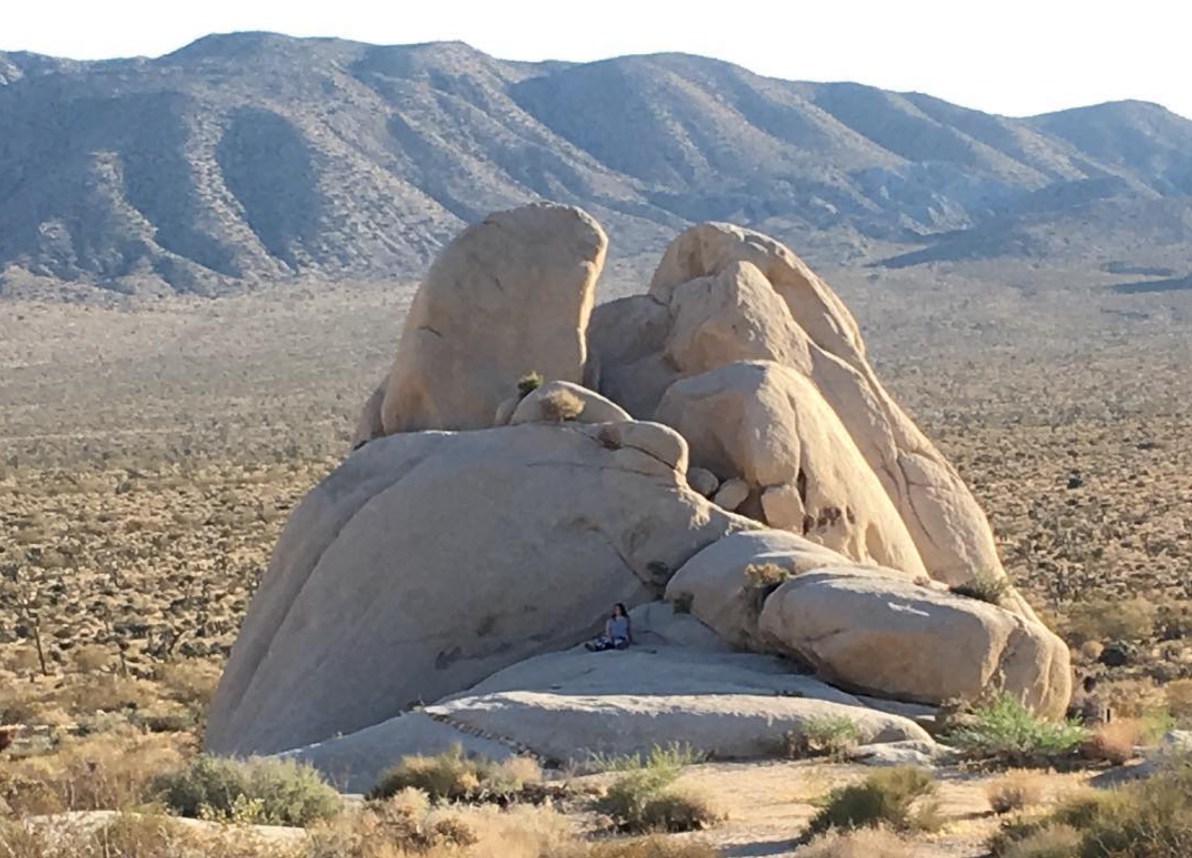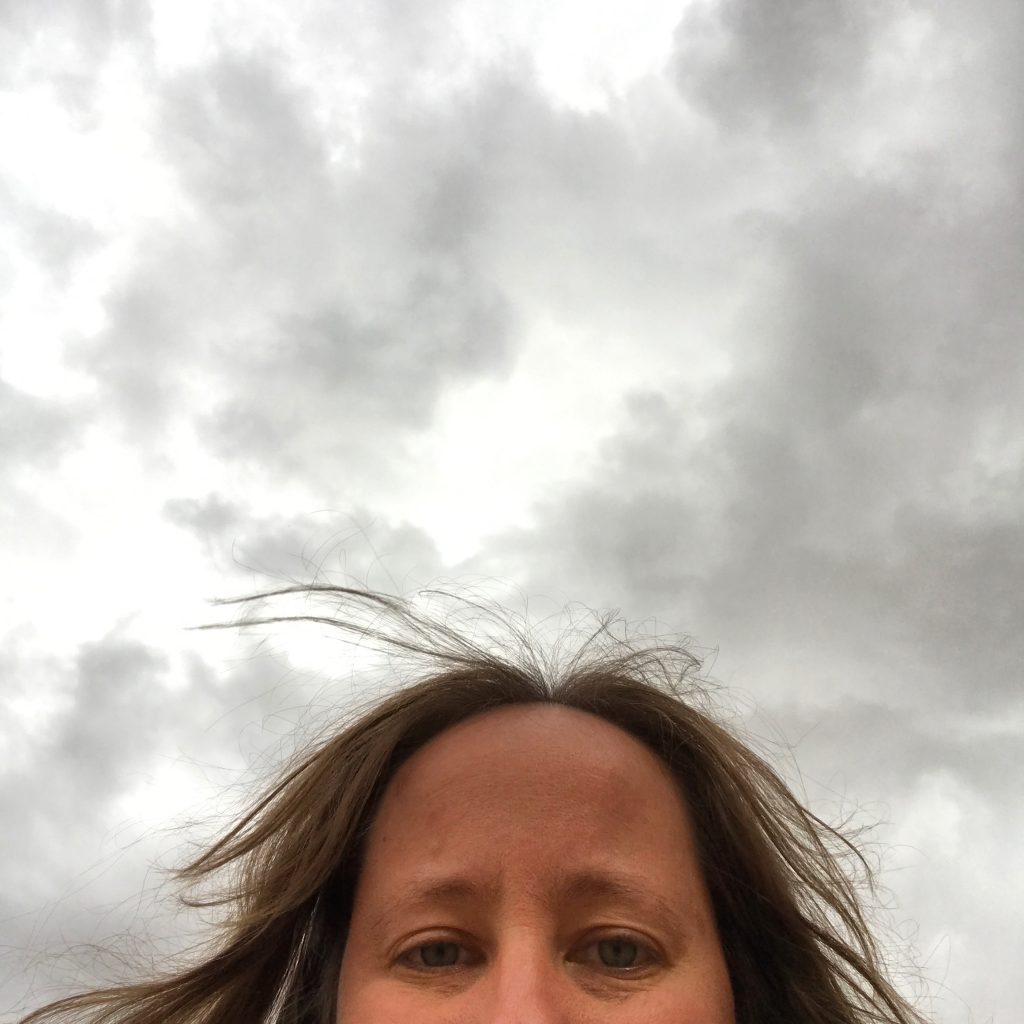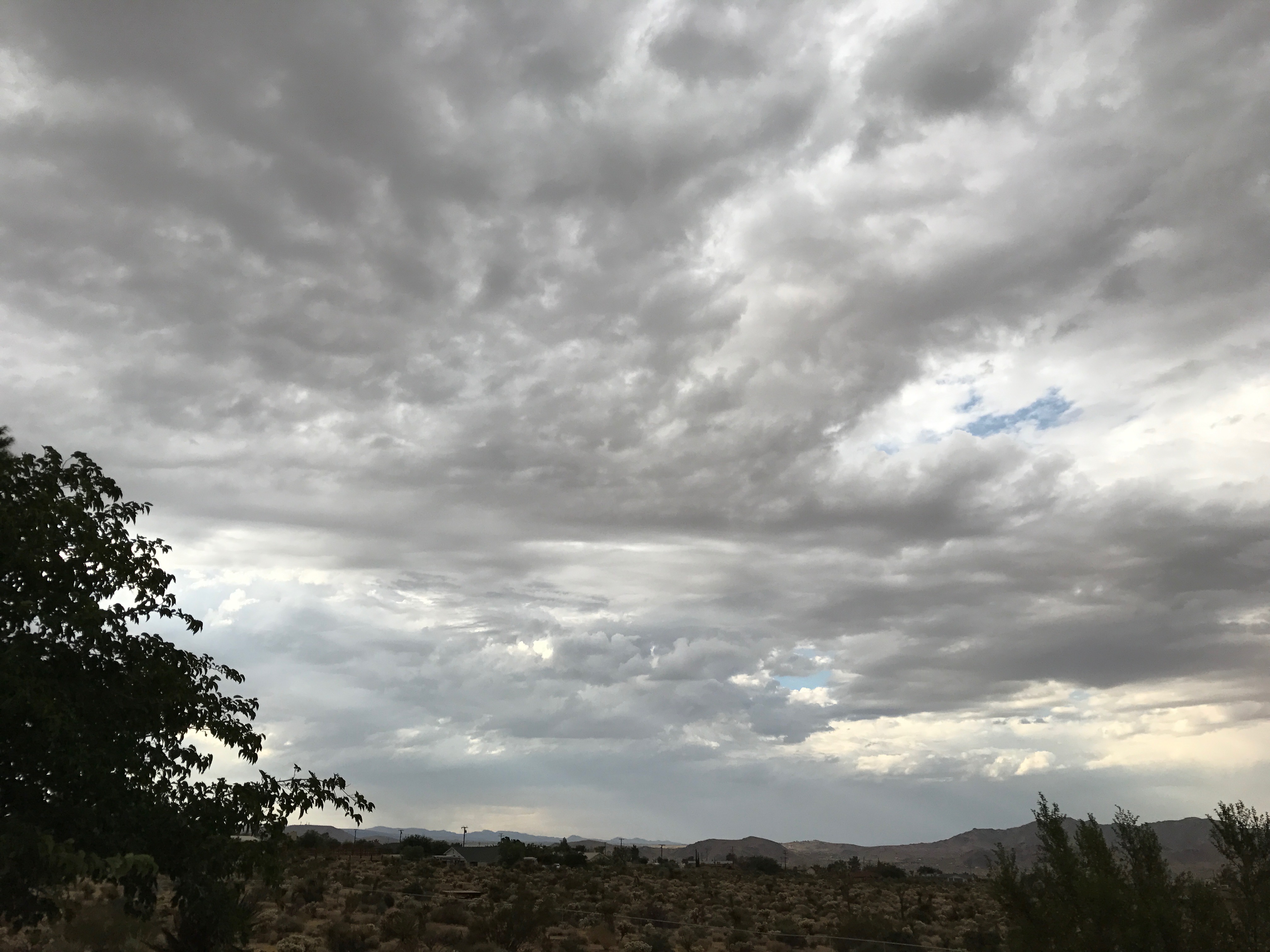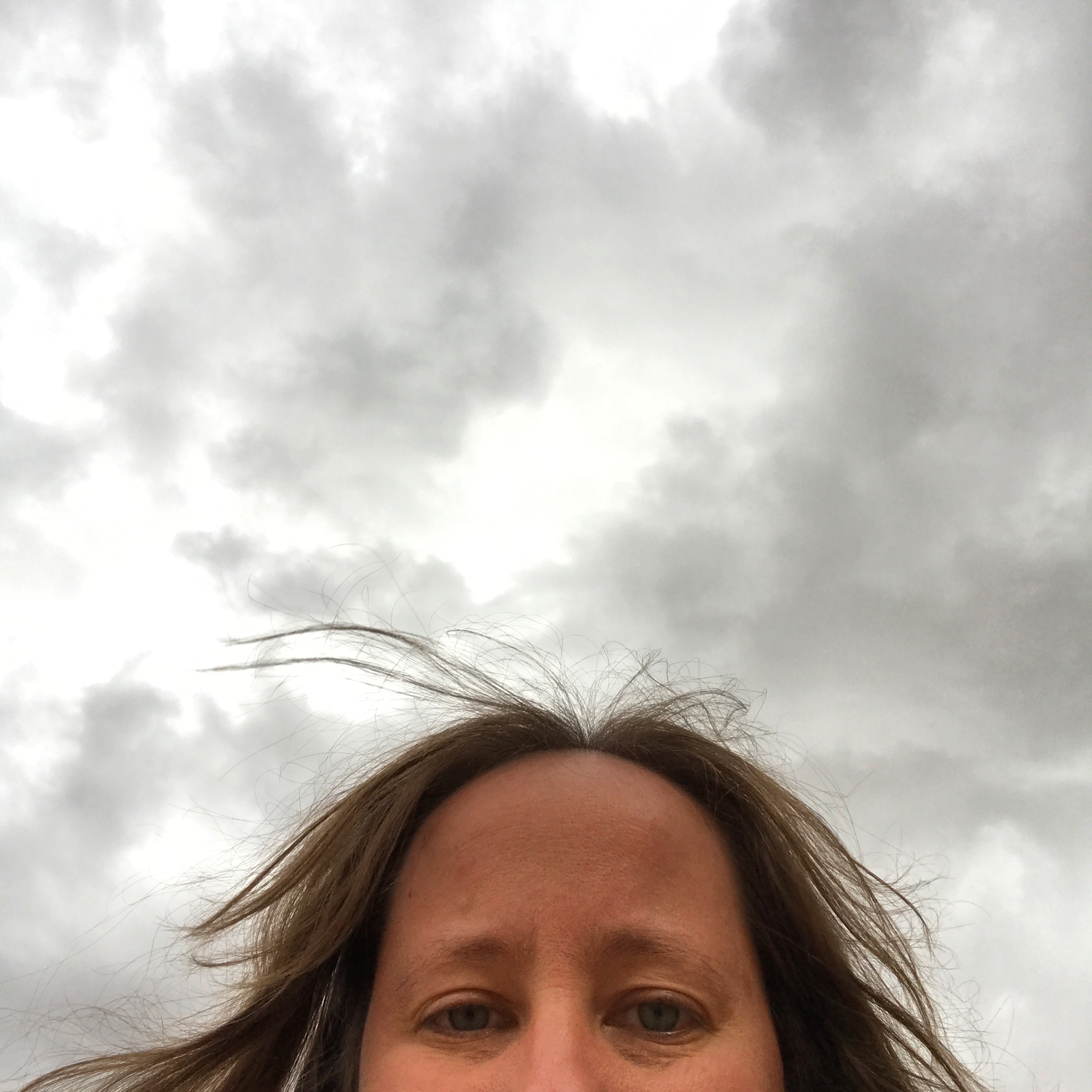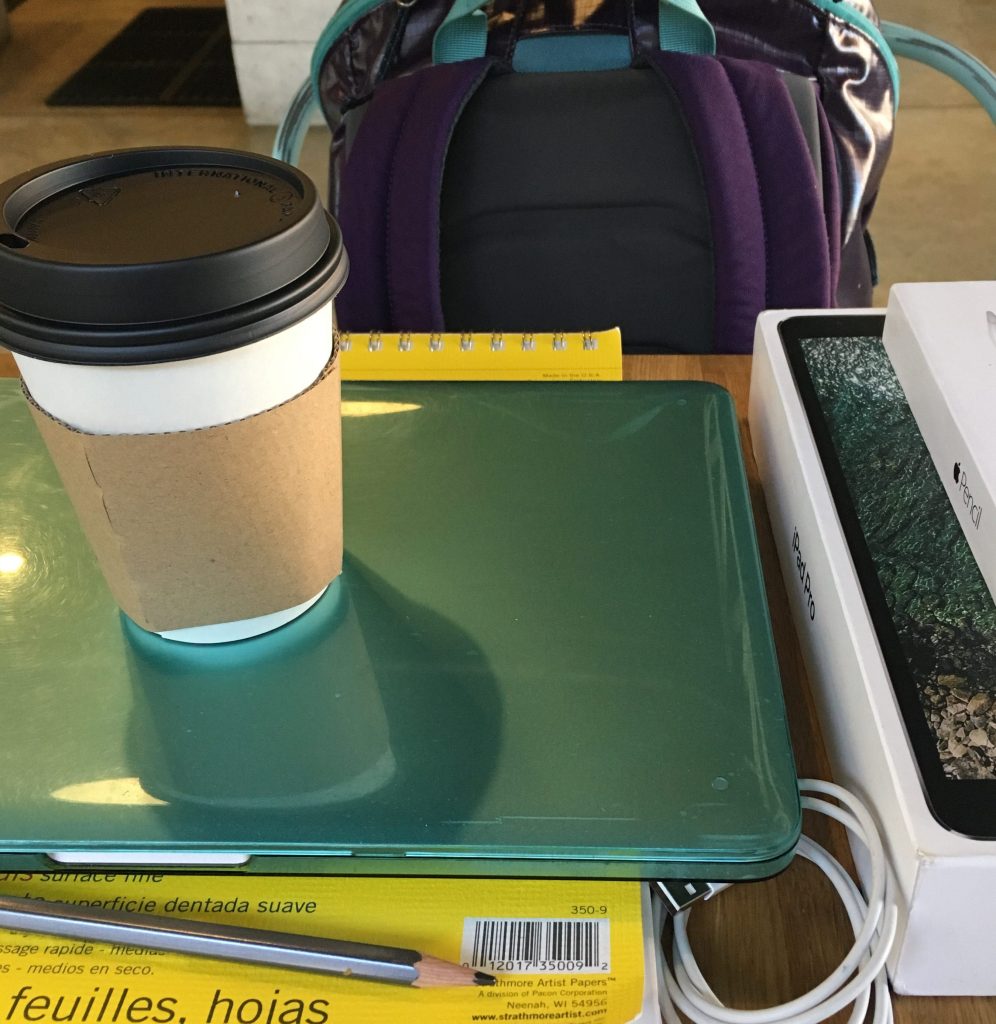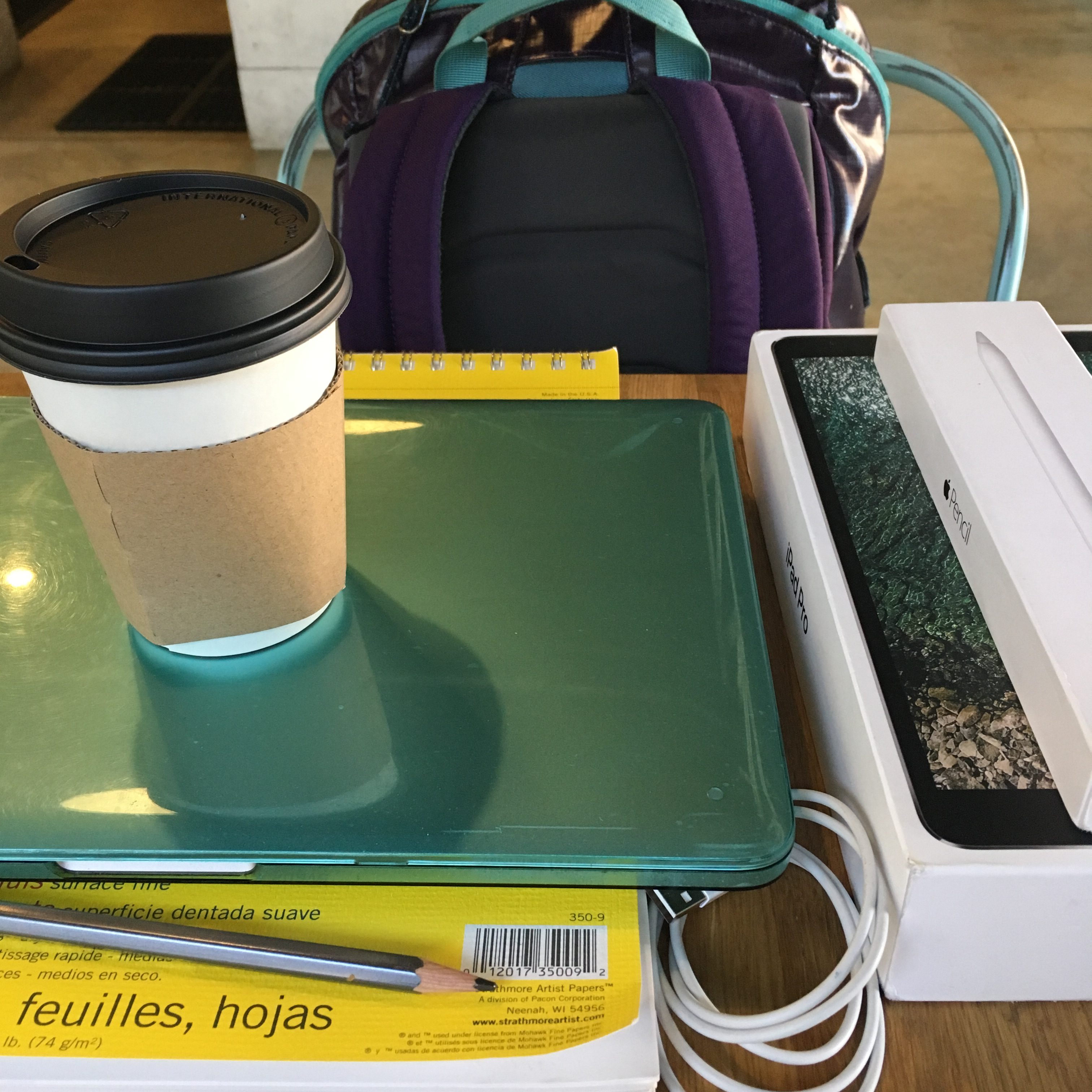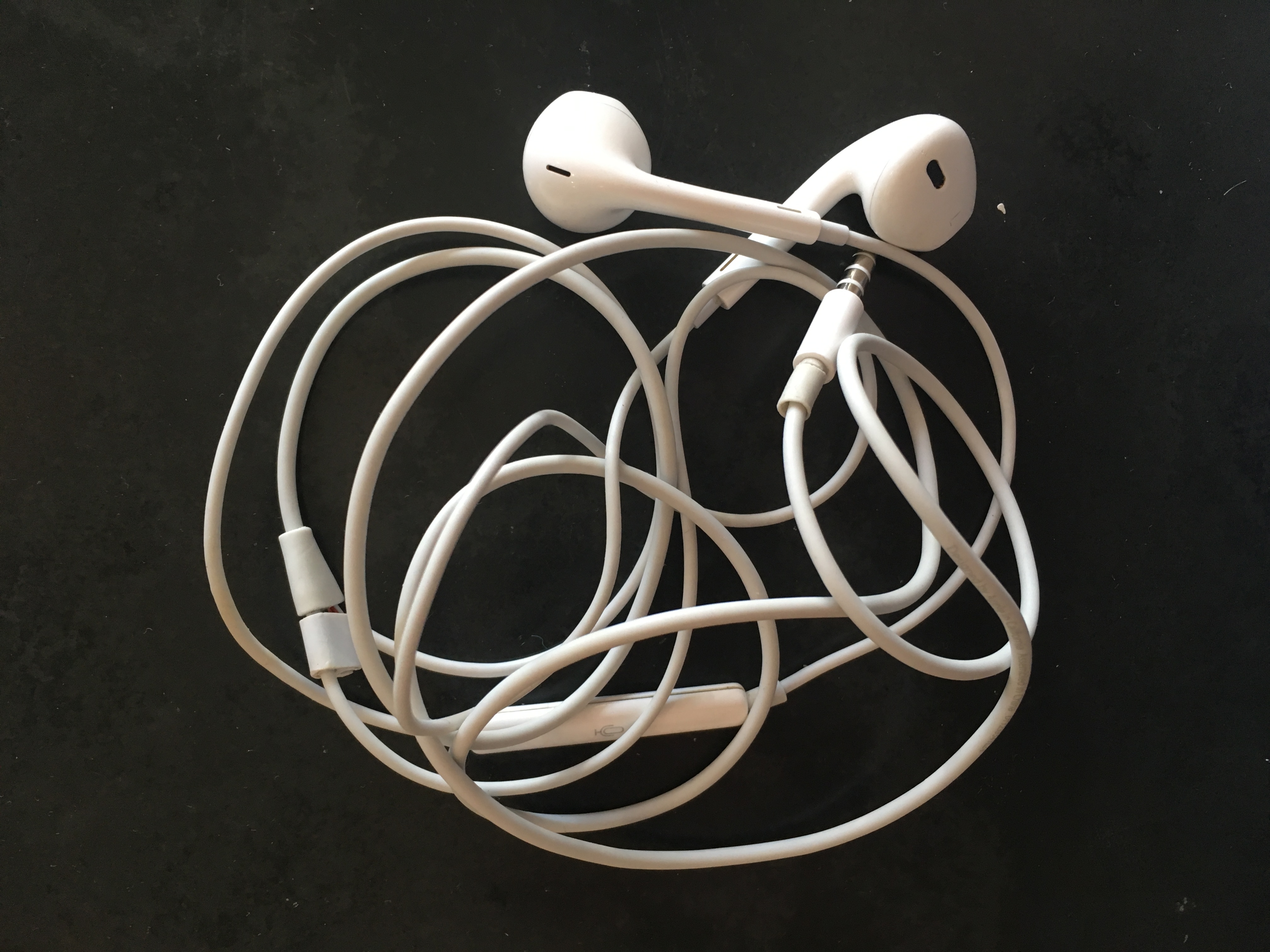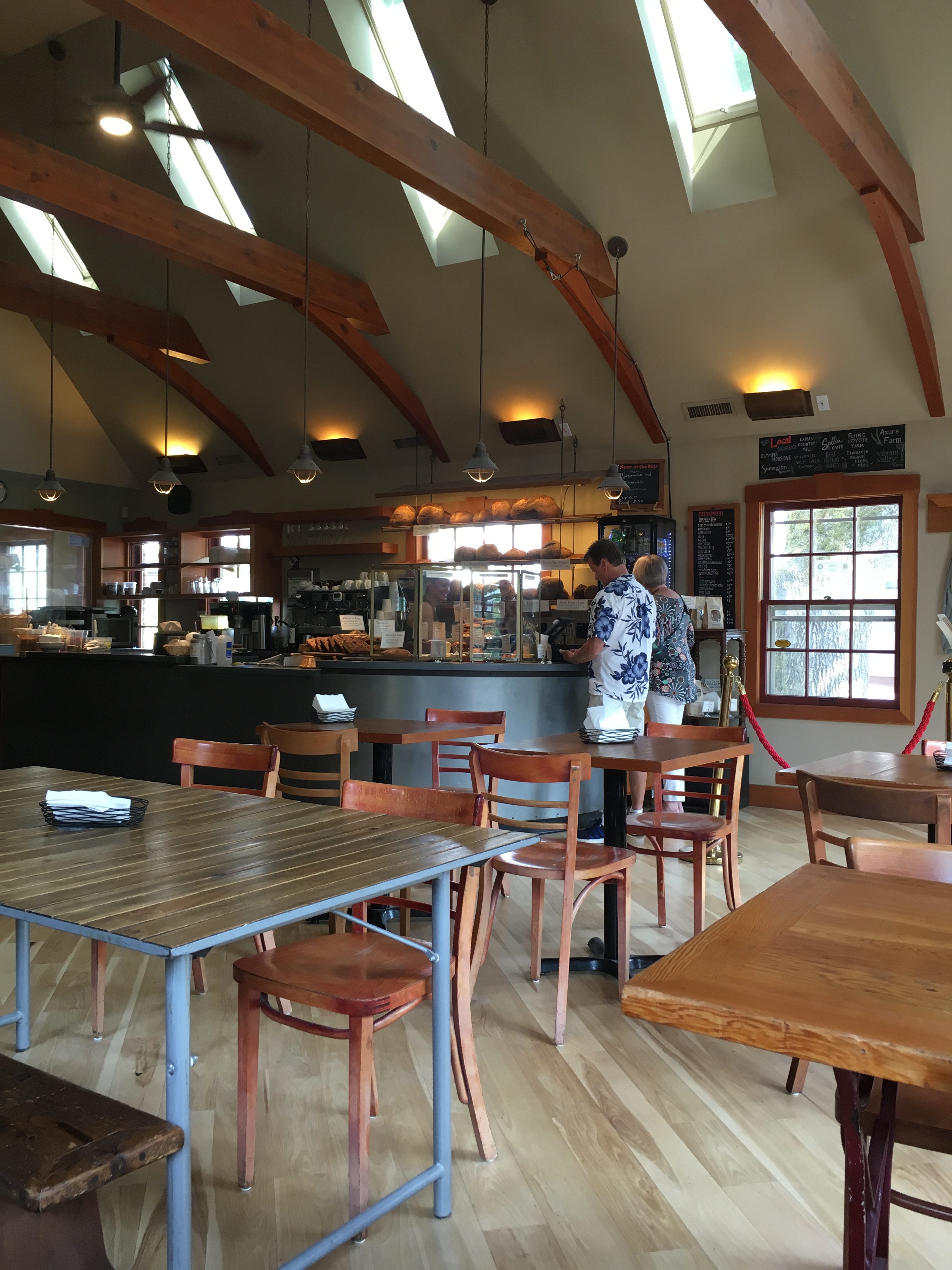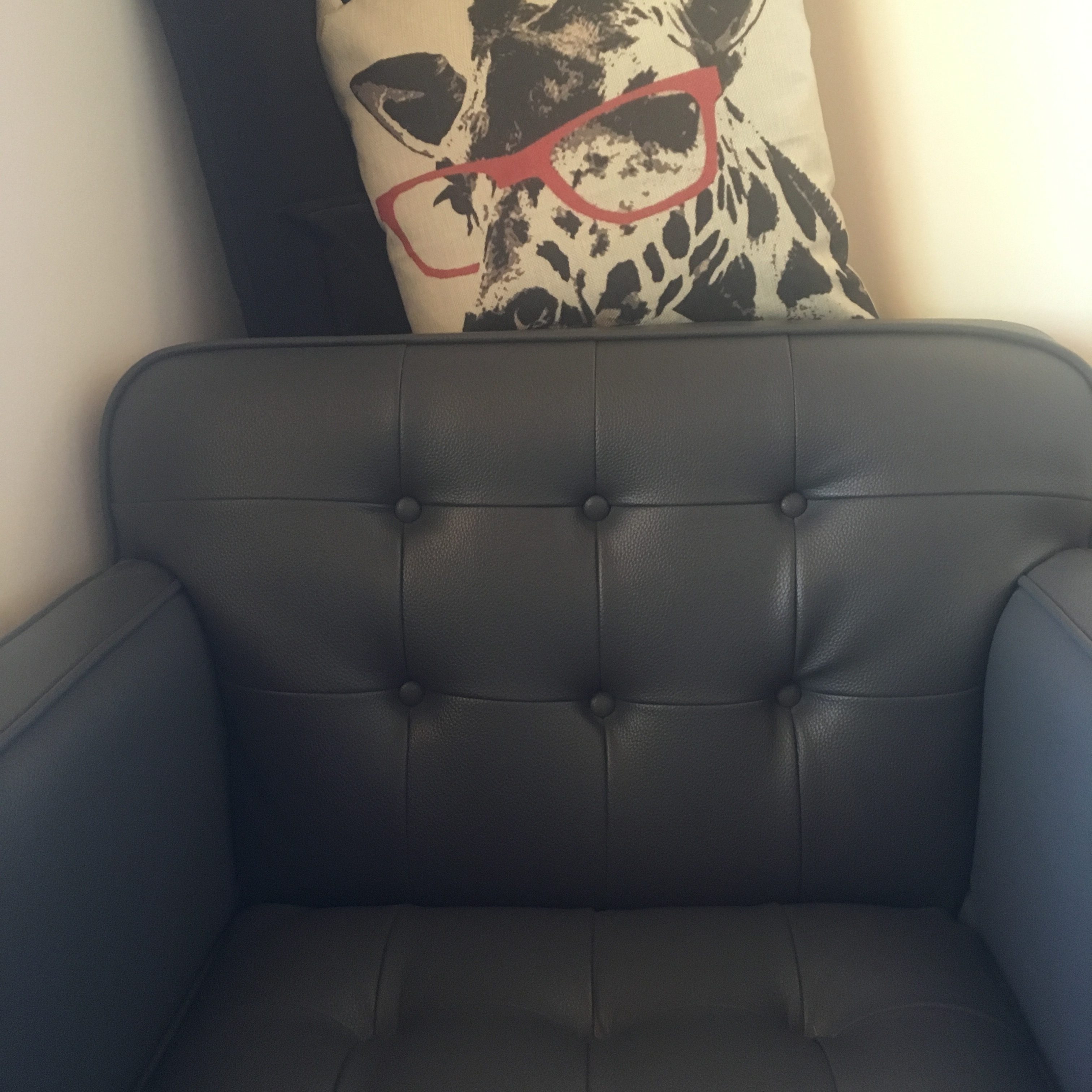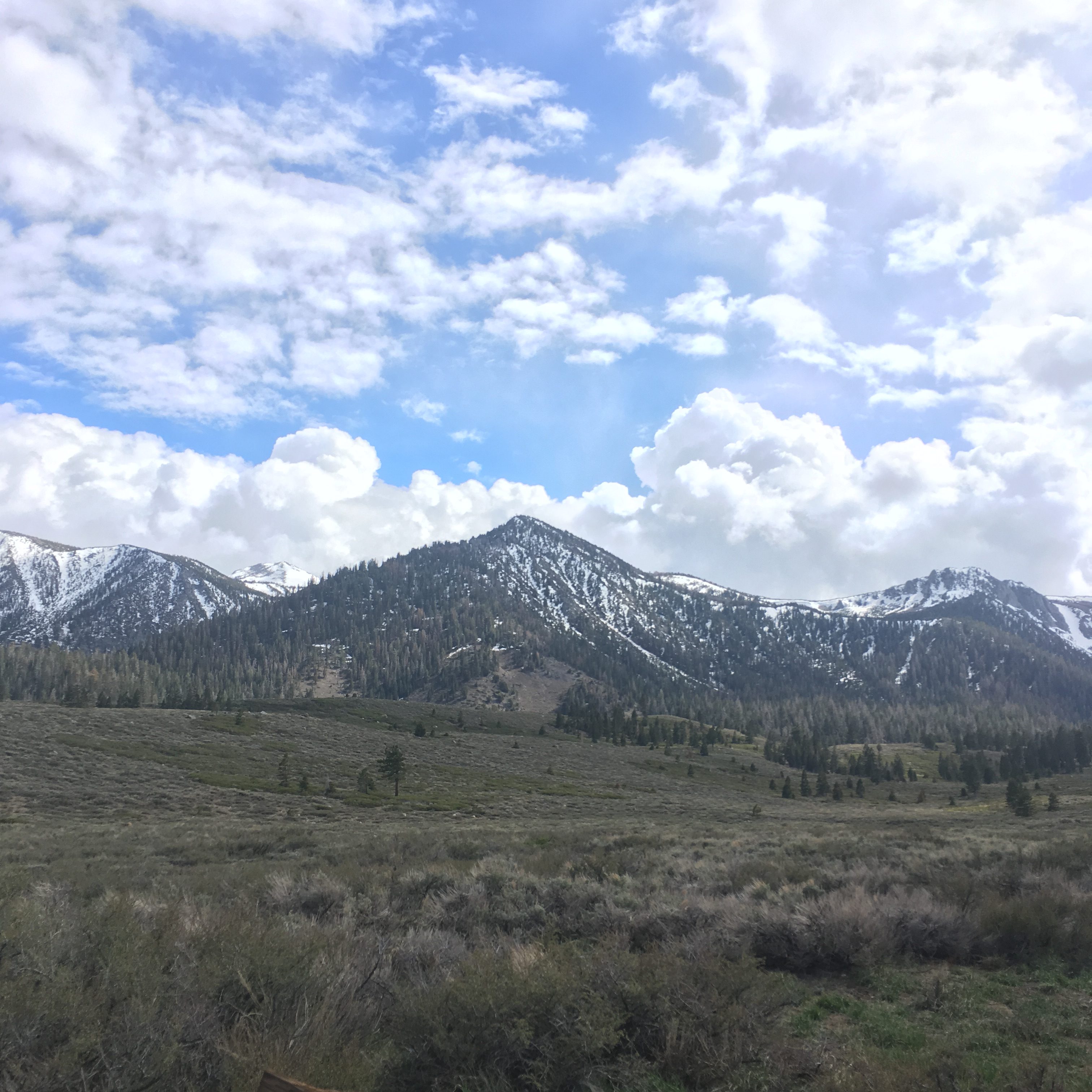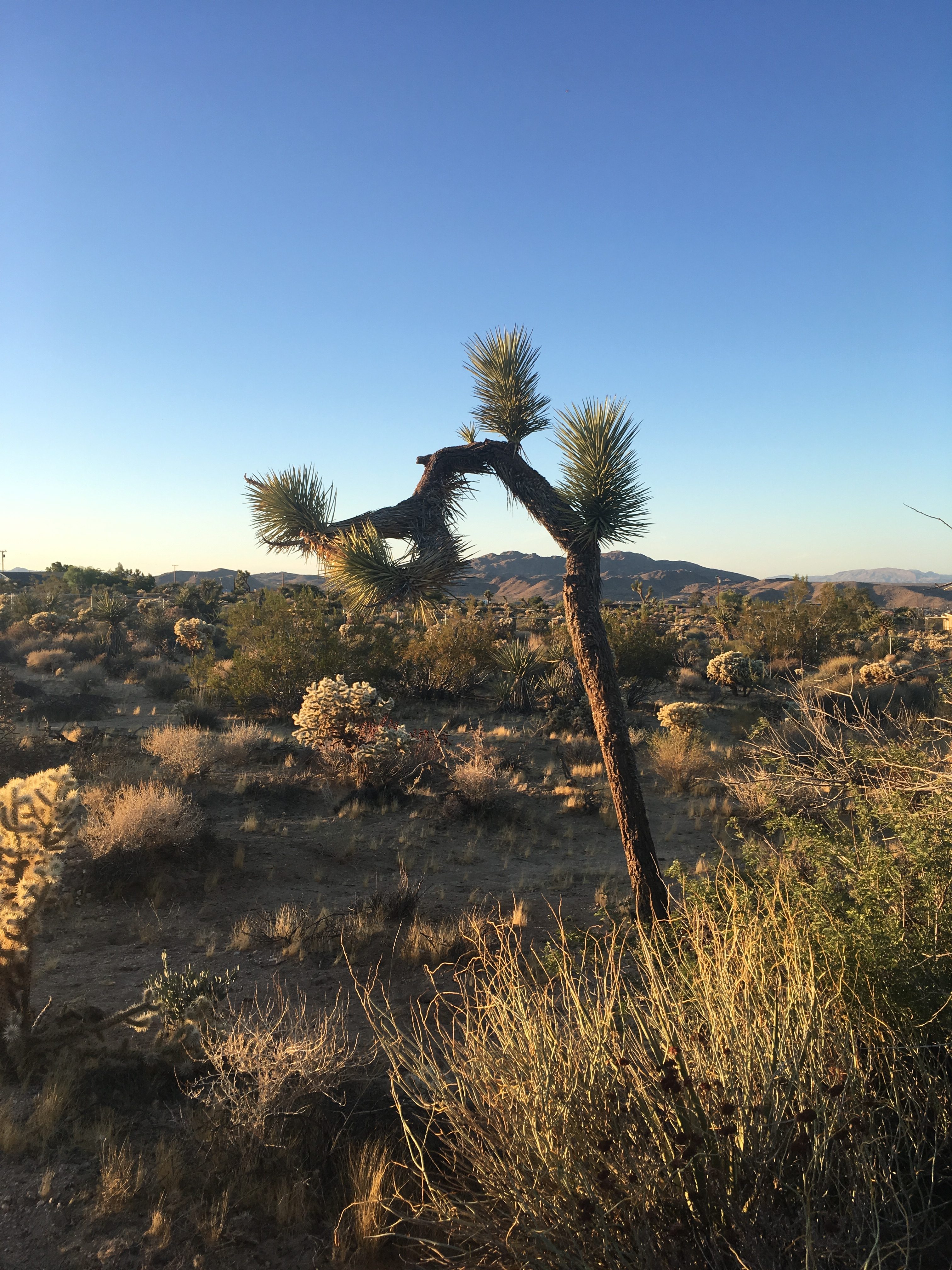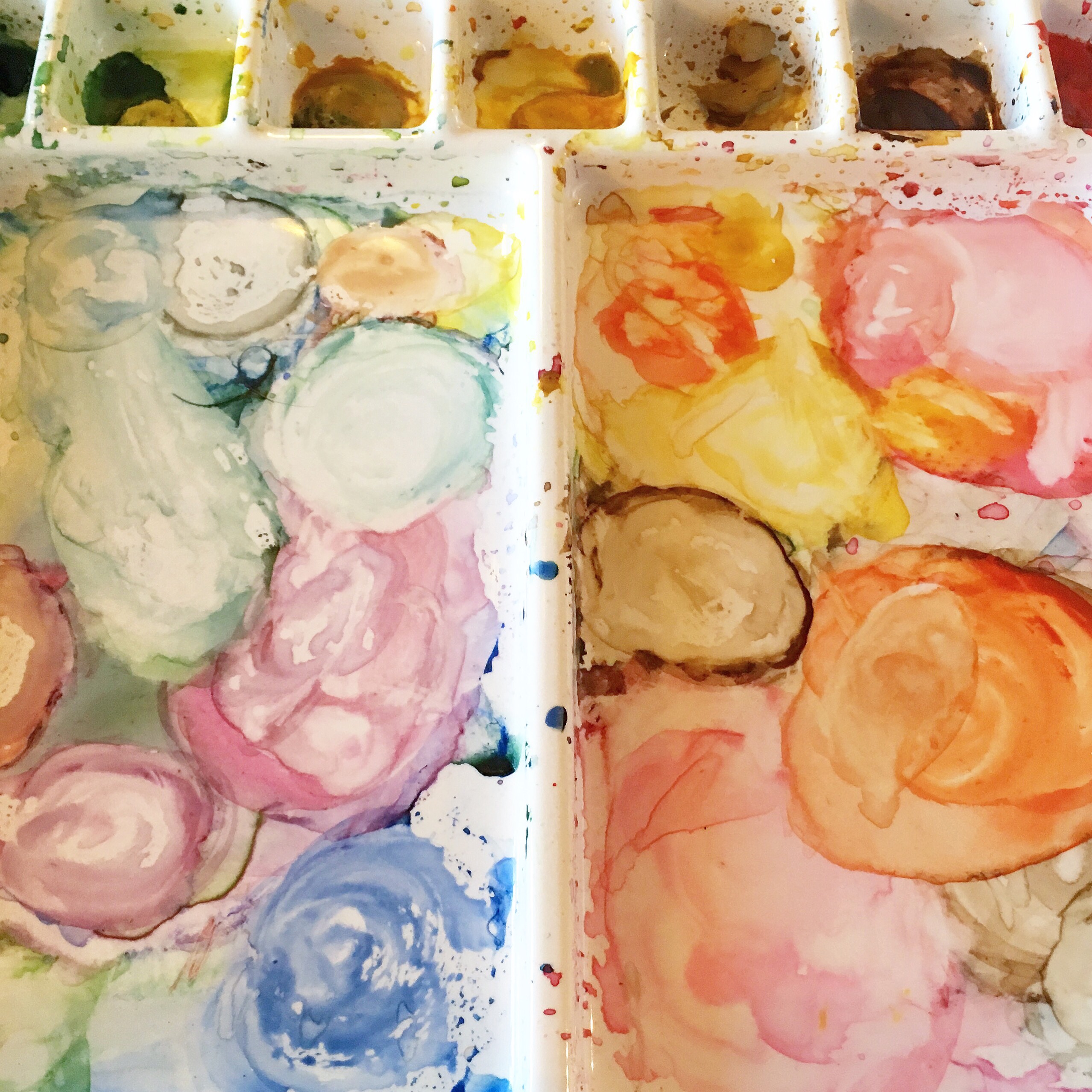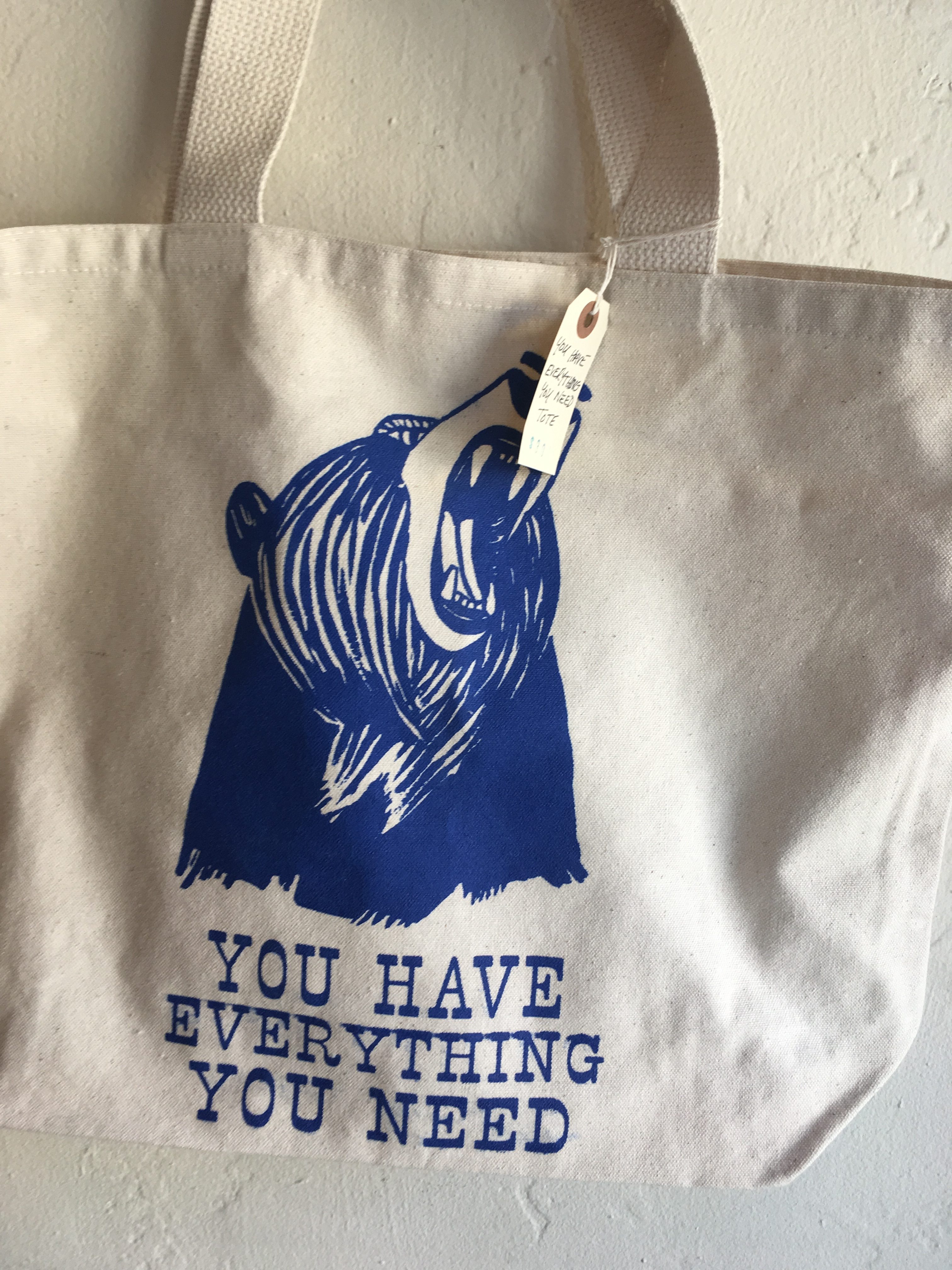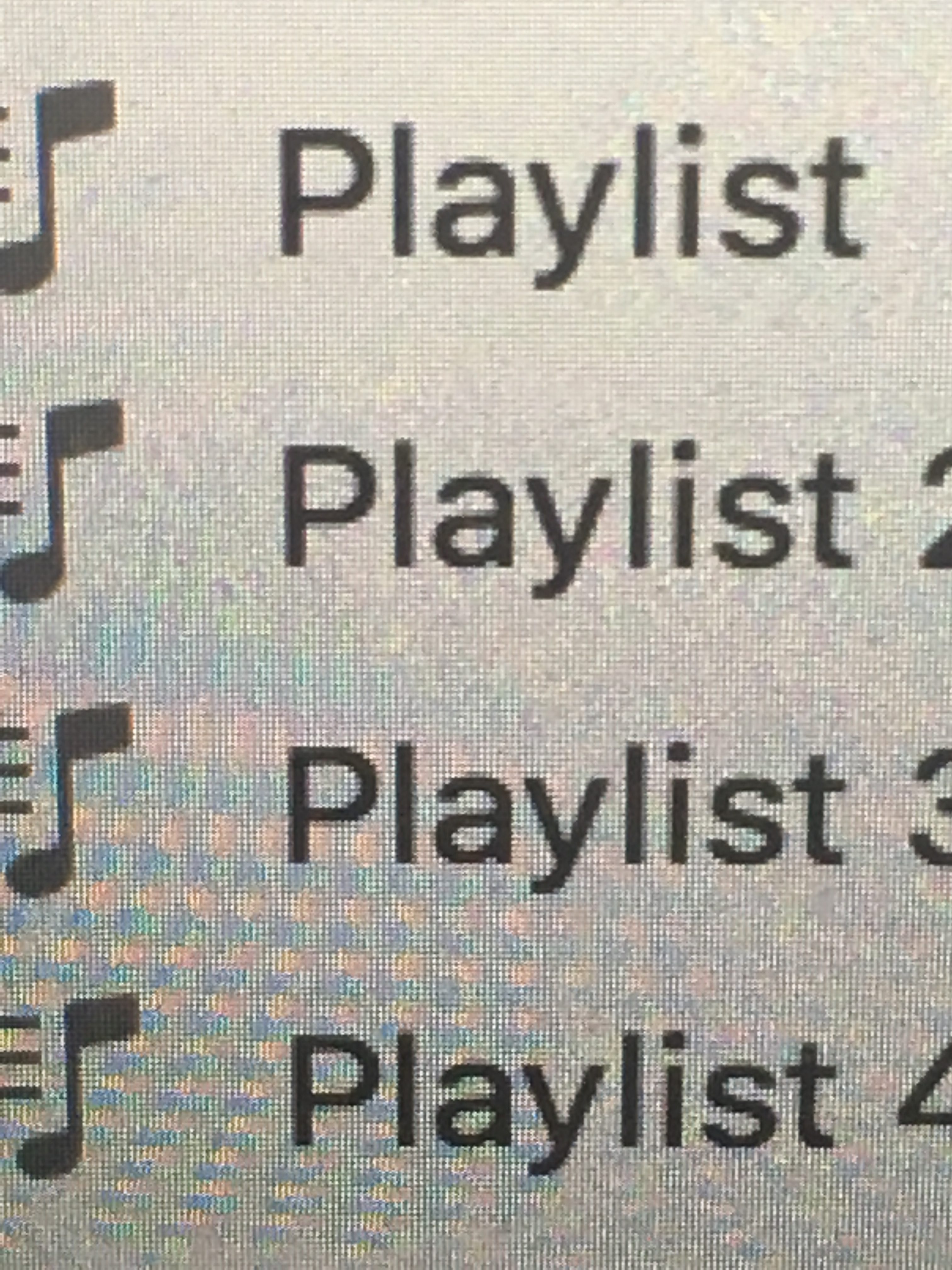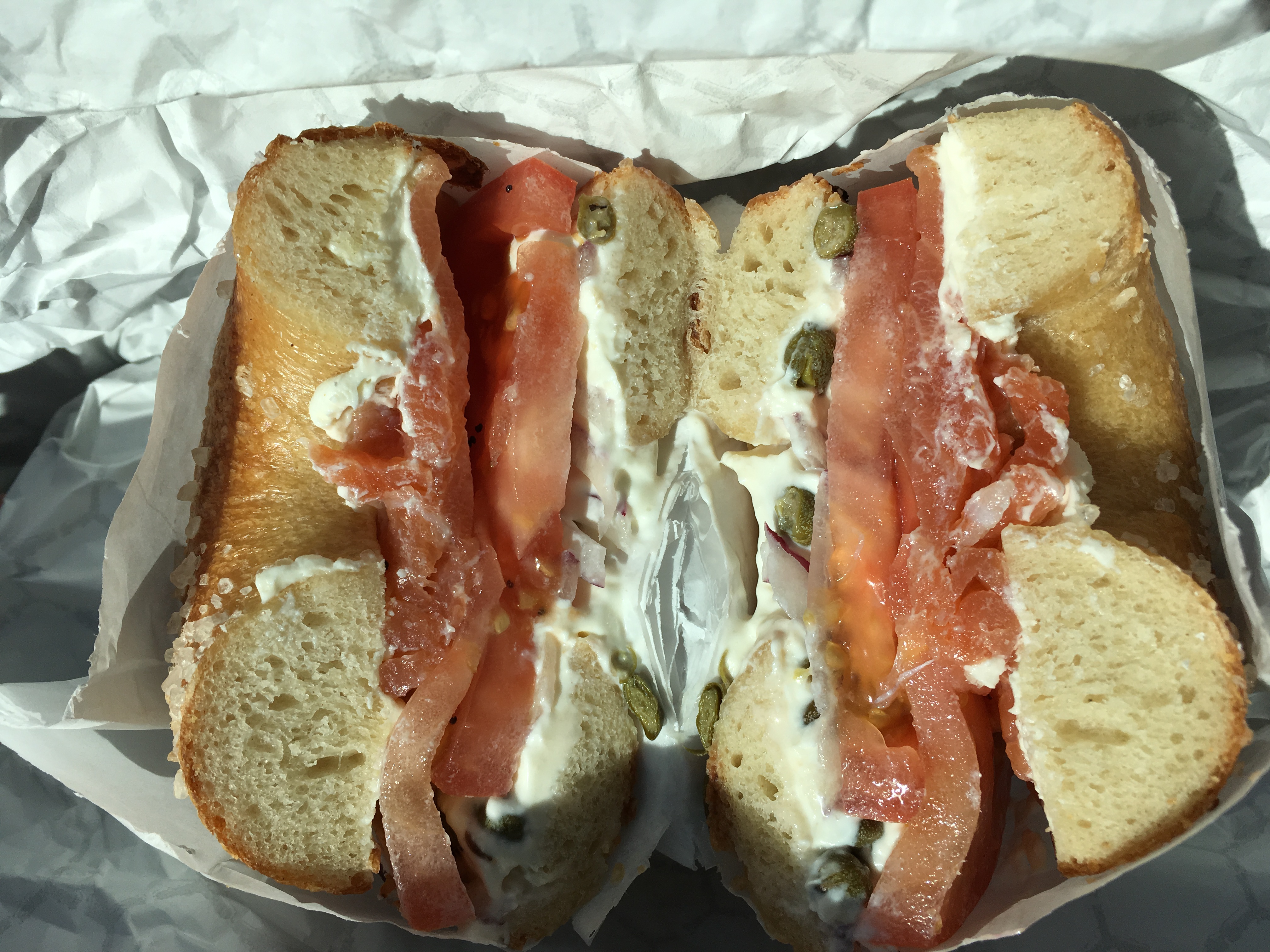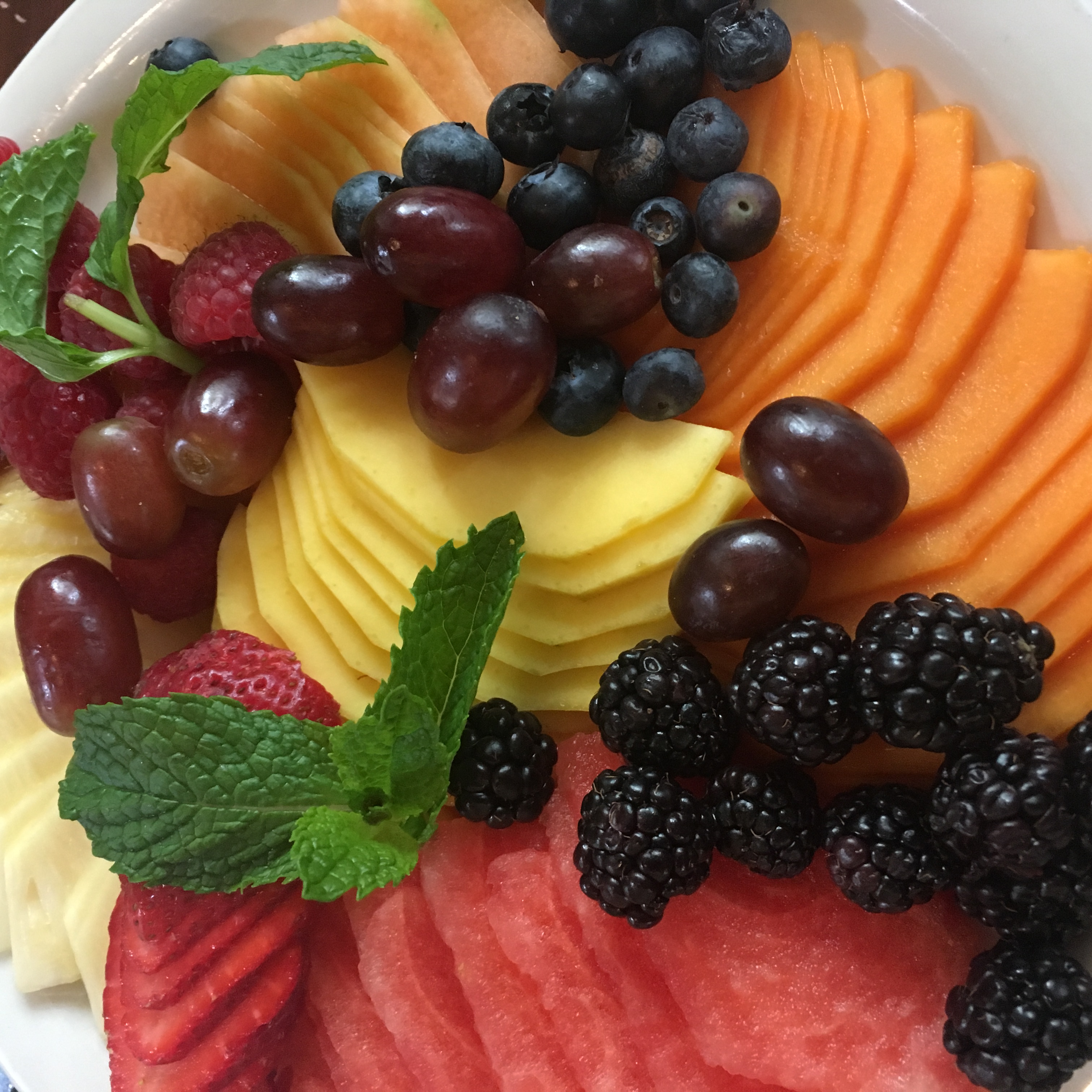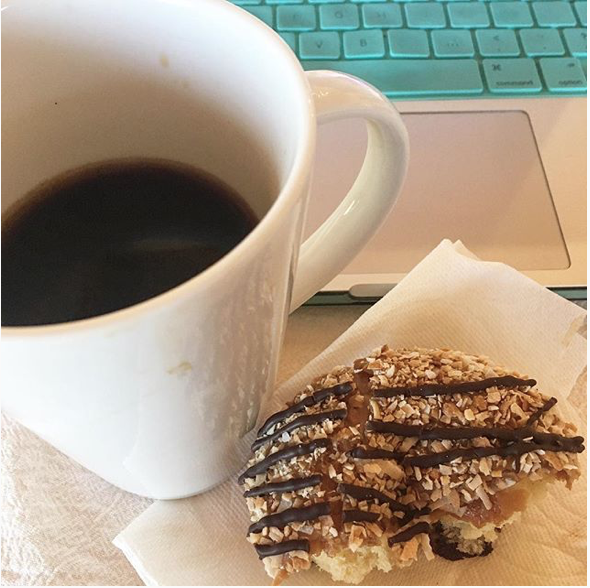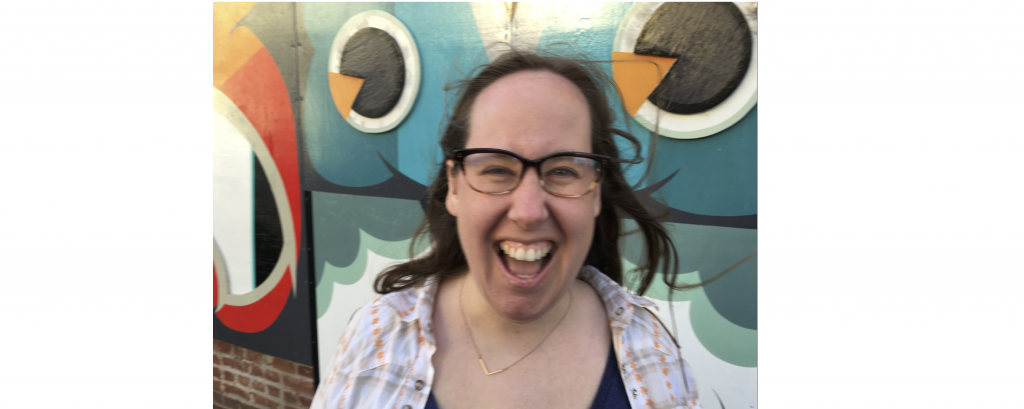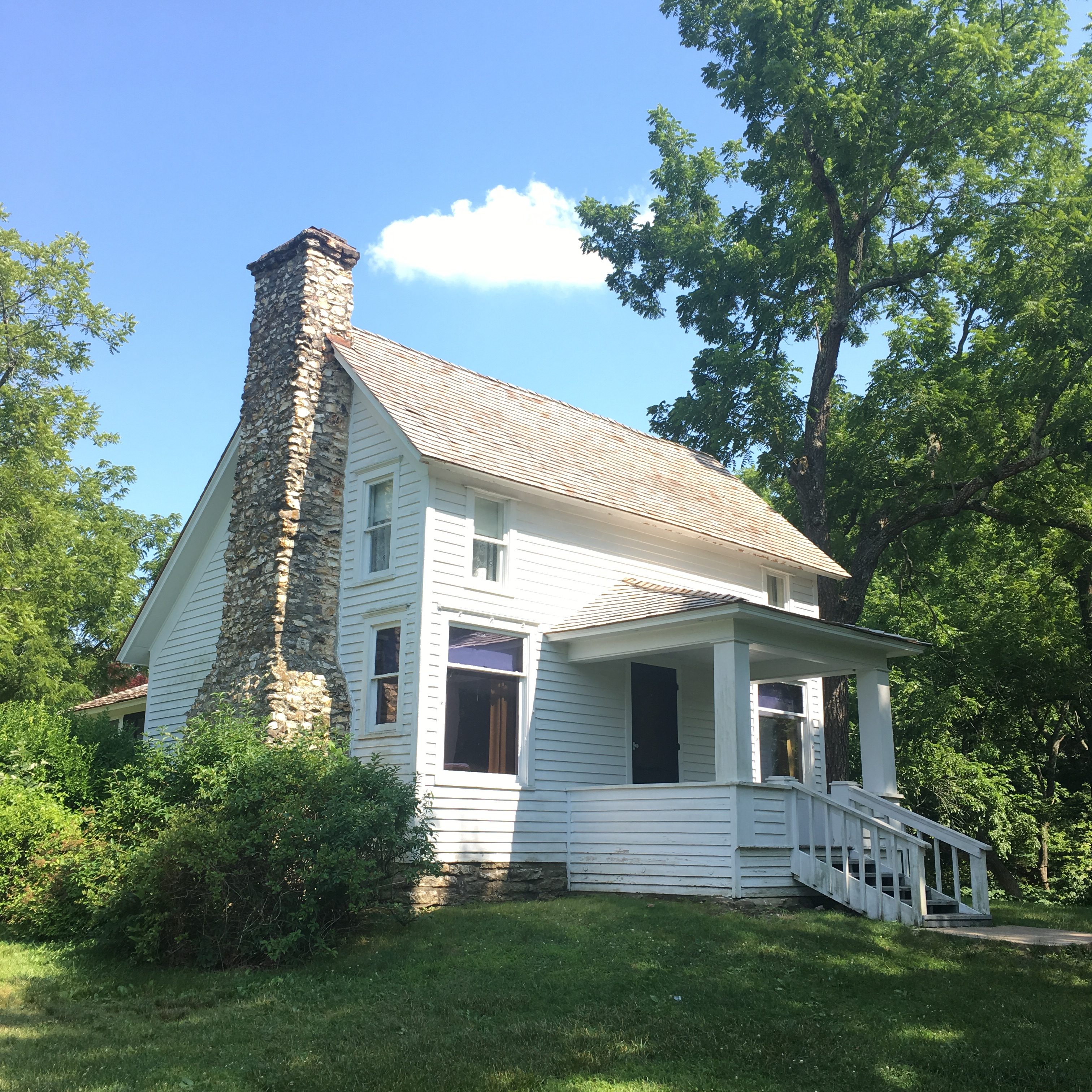 This is the house that Laura built—Laura Ingalls Wilder and her husband Almanzo. Last week I had the privilege of visiting Laura Ingalls Wilder’s homestead in the Ozarks of southern Missouri. This pastoral white home set on a knoll in green fields is a writer’s paradise.
This is the house that Laura built—Laura Ingalls Wilder and her husband Almanzo. Last week I had the privilege of visiting Laura Ingalls Wilder’s homestead in the Ozarks of southern Missouri. This pastoral white home set on a knoll in green fields is a writer’s paradise.
Almanzo and Laura built this house after moving to Missouri when they were just starting out. The house was built in sections, each room added as the couple had the time and money they needed to create their home.
Times were tough in those days and farming and survival consumed them.
I have to admit that I do not have a childhood connection to Laura’s books. I knew about her stories from the TV show, but I hadn’t read her writing. I think my nose was pretty stuck in LM Montgomery’s tales of Anne during those years. What can I say? Sometimes you just fall in love.
My lack of knowledge, however, certainly didn’t deter me from having assumptions about the writer.
I assumed that Laura was a writer for her whole life and that she lived in her childhood town even after she grew up.
But I was wrong.
Laura had moved from North Dakota to Missouri after she and Almanzo had their daughter Rose, and they lived in the little town of Mansfield for the rest of their lives.
Laura didn’t write her first book until she was in her 60’s. While she had written pieces for the local paper, it was Laura’s daughter who encouraged her to write her stories. Rose Wilder Lane had lived all over the country and become a rather well-known writer at the time. She moved home and during those years worked with her mother to create the Little House books. How much Rose was involved is a question surrounded by mystery and much speculation. While some surmise that Rose was a creative partner with her mother, Rose firmly insisted until her death that she had simply been the catalyst who encouraged her mother to get her words down on the page.
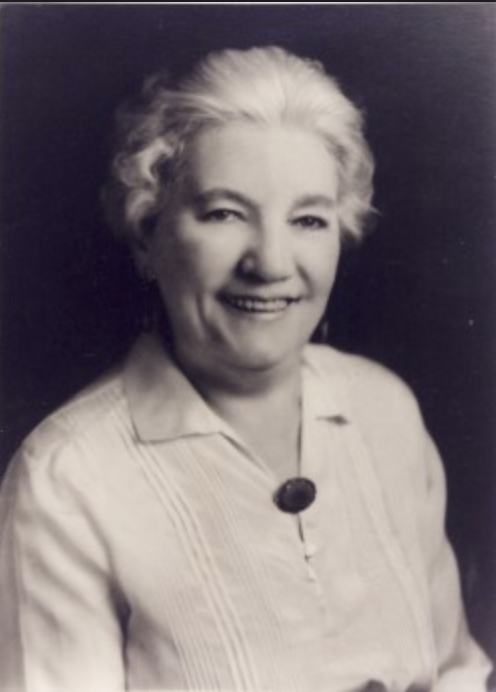
Laura Ingalls Wilder
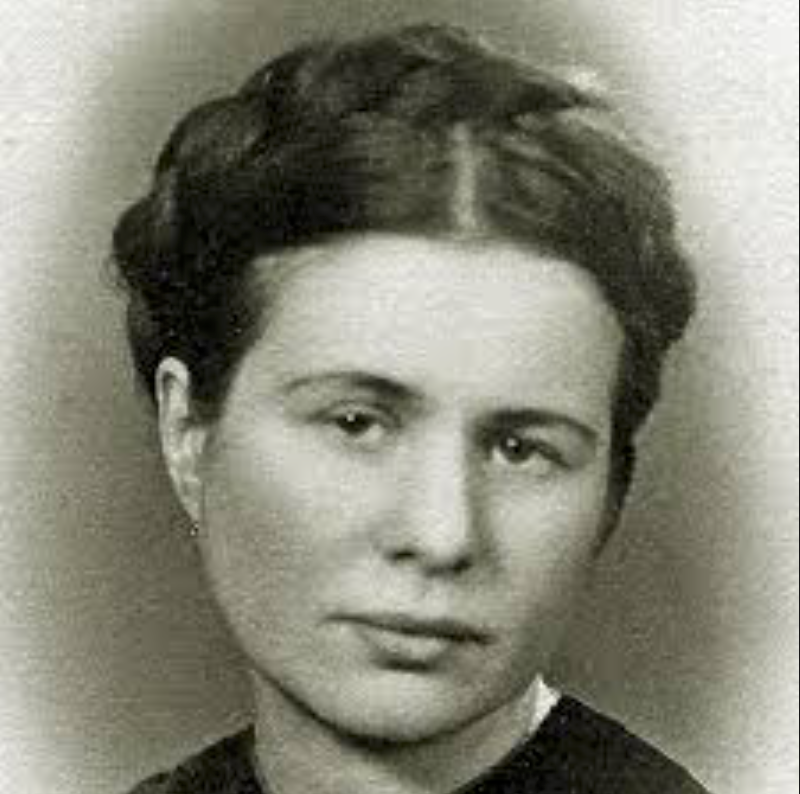
Rose Wilder Lane
No matter how the Little House books were born, there is no doubt that their stories have become a beloved feature in our canon of children’s literature.
Laura talked about writing these books as she watched the world changing and losing those things she had loved about her childhood. She wrote to remind us of the simpler times and to paint a picture of a world that she valued and thought had something to teach us.
Her stories are simple, but in their simplicity, they are profound because they are about real people living real lives, and nothing is more profound than life. Her accounts wrestle with the human experience from the perspective of a child, a perspective that is not easily captured.
But perhaps most importantly, Laura wrote what she knew.
As a writer I often think about that scene in Little Women when Jo is trying to write fantastical romances and Professor Bear kindly encourages her to write what she knows. I understand Jo’s disappointment in that dramatic scene. I want to think that my stories will be more than my life.
But over the years, I have learned that Professor Bear’s sage advice does not limit me to only telling what I have lived, but it does help me ground my writing and characters in emotions and truths that I can connect with and hopefully my readers can too.
I think that is what Laura did remarkably well. Her childhood during those years was not unique, and it could have been easy for her to dismiss her own life as usual or mundane. But it was the way that she used stories to create a world and share her understanding of those years that readers have engaged with for years.
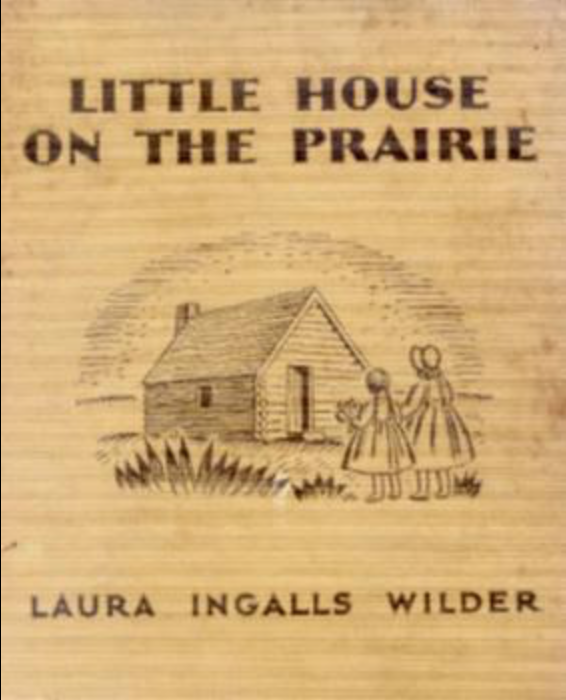
Original Book Cover for the First Edition of Little House on the Prairie
The visit to Laura’s house was about Laura and her adorable writing room with a fainting couch and a living room with the best window seat ever, but there was no escaping the concurrent story of Rose and her encouragement.
Without that part of the story, we may have never had the opportunity to reflect on a child’s life on the plains all these years later.
Laura teaches us that writing what we know can be precious and insightful and allow readers to connect to truths across time and geography.
She also is a great example that writing can be wonderful at any age.
And Rose, well, she is a reminder to thank those who have encouraged us to write and to encourage those around us. It was kind of an amazing thought that without someone I never heard of, there might not be the Little House books.
Laura’s homestead is definitely worth a visit. The home is beautiful, and learning about the way that the stories came to be is inspiring. Go here for more information about how to visit her home. http://lauraingallswilderhome.com
If you can’t make it to Mansfield, I also really enjoyed the video Beyond the Prairie with lots of great stories about Laura’s life.
Here’s to writers who write their truth and the people who encourage them along the way.
Have you visited Laura’s homestead? What motivates you to write? Where do your stories come from? Who has been instrumental in your writing life?
![]()
